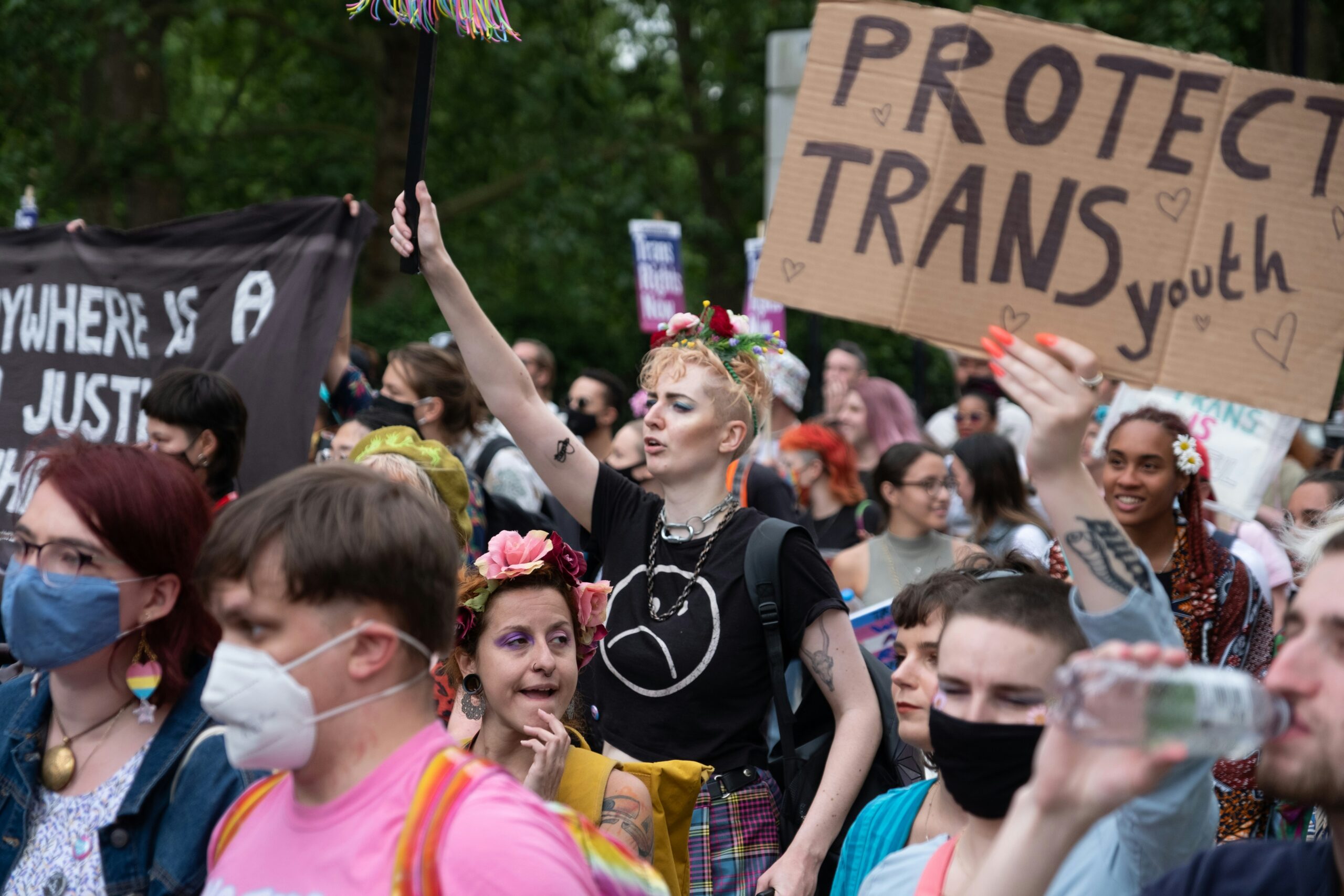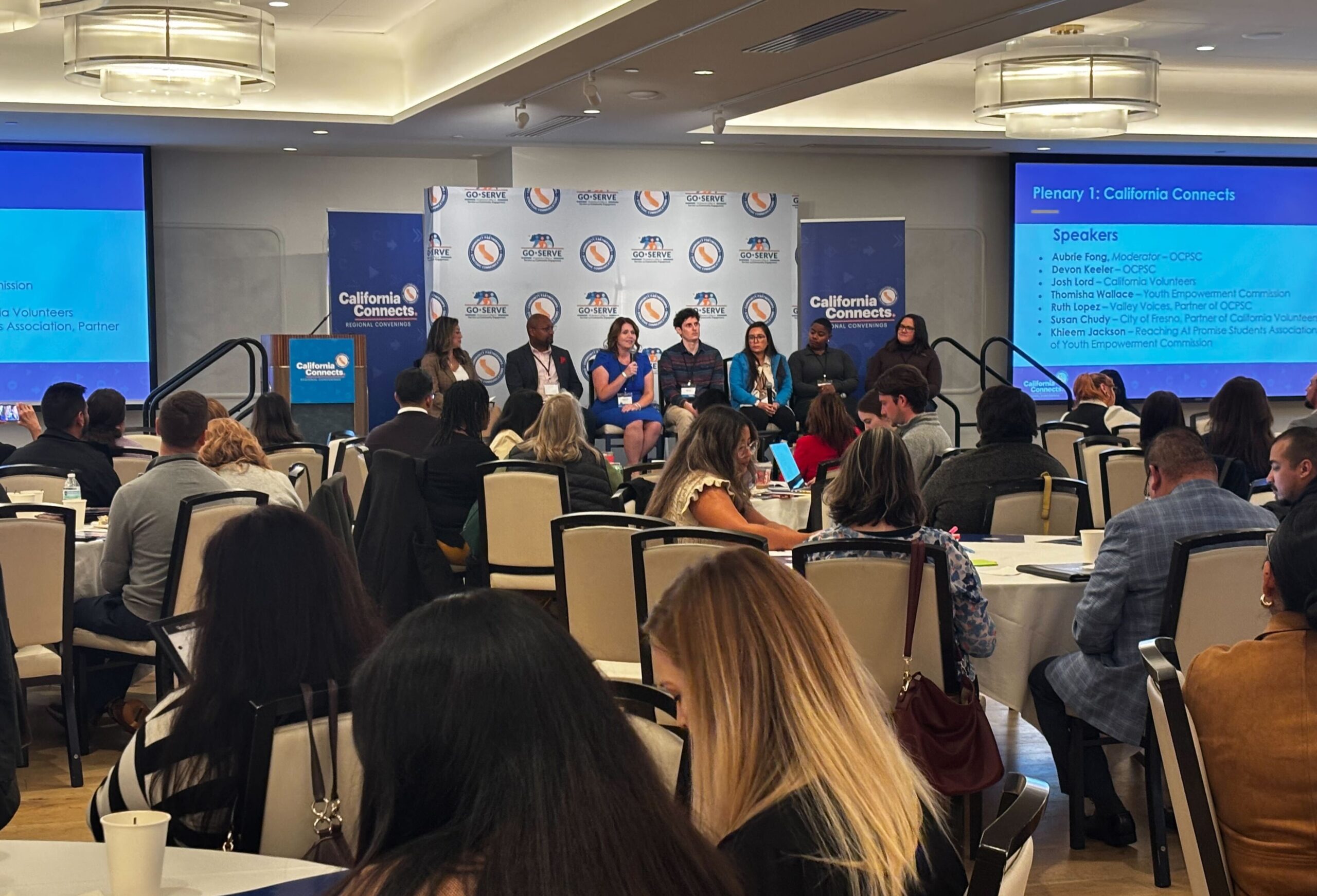
Puberty blockers, which stop the progression of adolescent puberty, have been debated in the media surrounding the topic of transgender youth in search of gender-affirming care.
With so much discourse about whether minors should have access to puberty suppressants, many may be wondering if the obstacles are an overreach.
Last year, Florida Gov. Ron DeSantis signed into law the Let Kids Be Kids bill, a discriminatory bill targeting minors under 18 from accessing gender-affirming care. According to Associated Press Health News Florida, the law blocks healthcare providers from allowing puberty blockers, hormone therapy, and any sort of gender-related surgical procedure for minors. If violated, the physician can face third-degree felony charges.
Twenty-two other states followed in adopting similar bills, creating obstacles for transgender minors and adults. States, including Idaho, Alabama, and Oklahoma, have also criminalized minors’ access to gender-affirming care.
For Republicans to stigmatize medical care for transgender people and politicize their health care is dangerous. A 2023 Trevor Project study found that 62% of those who came out before 13 considered suicide in the past year, and 23% of them attempted suicide. Each year, based on the study, we see a rise in suicide rates for transgender and queer kids. With discriminatory laws like the ones Gov. DeSantis passed, young people are prevented from having autonomy over their bodies, which could potentially lead to an increase in suicide rates.

Puberty blockers have been in use as a medical treatment since the 1980s, and the FDA approved them for use in 1993. Most commonly this technology was used to delay the progression of precautionary puberty — when children’s bodies begin to change into adult bodies too soon — causing distress. Similar regimens are also used to help treat the progression of many cancers. Estrogen blockers are one of the common treatments used by clinics as a means to suppress breast cancer cells from escalating in size as indicated by the Mayo Clinic. To completely ban the use of hormone blockers affects more than just the transgender community but all people who may need access to this kind of medical care.
The medicines most often used are gonadotropin-releasing hormone analogs to delay changes in puberty in transgender teens and youth experiencing gender dysphoria. These are the hormones that are often used to treat prostate cancer, endometriosis, breast cancer, precocious puberty, gender dysphoria, and infertility. These blockers can temporarily delay the development of children’s secondary sex characteristics, including the delay of breast development, menstrual cycles, body hair growth, and voice deepening. This delay allows young people time to experiment with their gender before making a permanent choice.
What this medicine does is help create a comfortable body and life for a young person who may not be ready yet to experience secondary sex characteristics. Puberty blockers allow them time to think before anything. Using blockers is reversible. If they decide to stay with their gender assigned at birth, then all they need to do is stop taking the blockers, and in turn, those secondary sex characteristics are formed.
With recent developments, there may have been some overreach, and pleas have not fallen on deaf ears. Earlier this month, Federal Judge Robert L. Hinkle officially blocked many transphobic policies in Florida from being enforced.
“Transgender opponents are of course free to hold their beliefs,” Judge Hinkle said in the 105-page decision on Florida’s SB 254 and similar Boards of Medicine rules. “But they are not free to discriminate against transgender individuals just for being transgender.”
While the decision doesn’t contest the bans on gender-affirming surgery for minors, it does prohibit the bans on hormone blockers for them. The decision also blocks misleading consent forms mandated by the Florida Board of Medicine and the Board of Osteopathic Medicine.
This is a huge win for transgender individuals in Florida, but there’s still a lot of work to be done. Many other states across the country continue to push transphobic policies; Florida is only a part of a struggle stretching across a large portion of the country. As the issue progresses, LGTBQ+ young people and advocates continue to push back.
On Monday, June 24 the Supreme Court announced that in its next term, it will hear a case regarding bans on gender-affirming care in Tennessee. The case specifically argues that Senate Bill 1, which bans gender-affirming care for minors, violates the 14th Amendment’s Equal Protection Clause.
We can only hope that the next generation of young people will keep fighting for their rights. We can see changes in this discriminatory legislation continuing, but the fight is only beginning.


